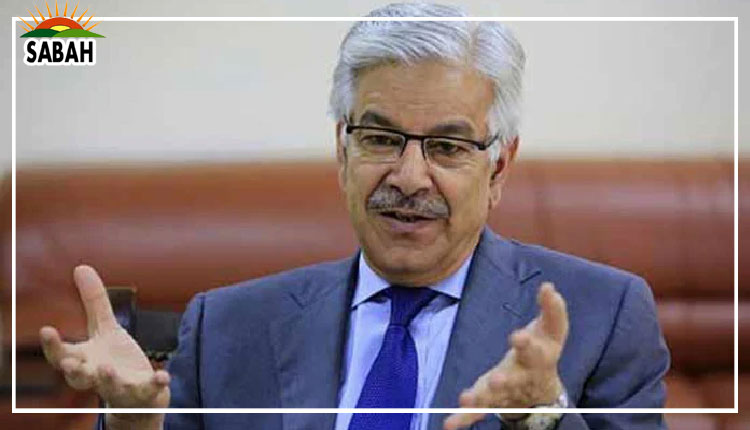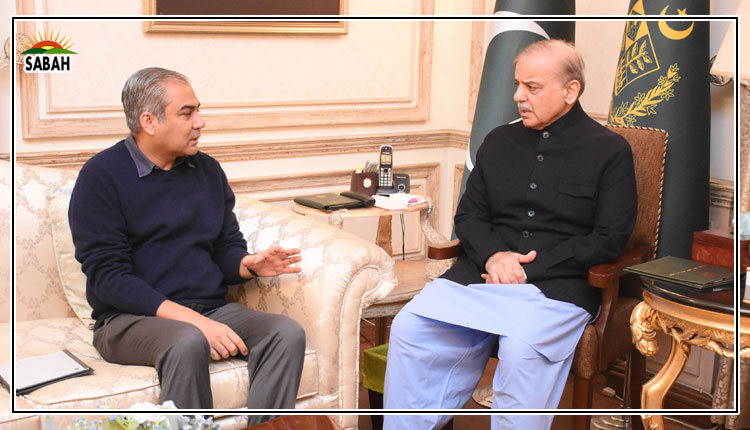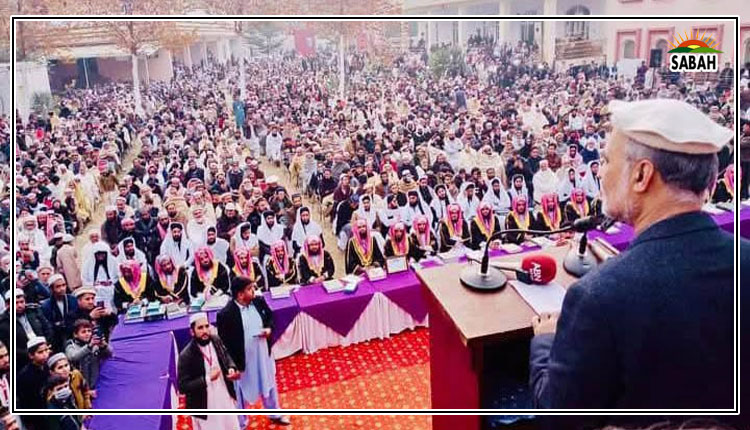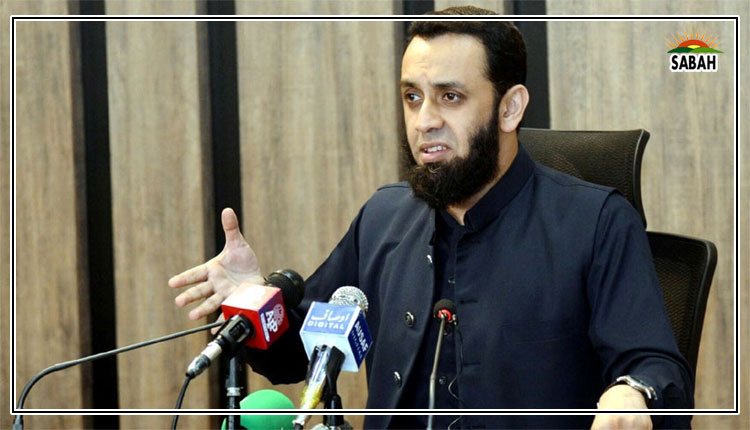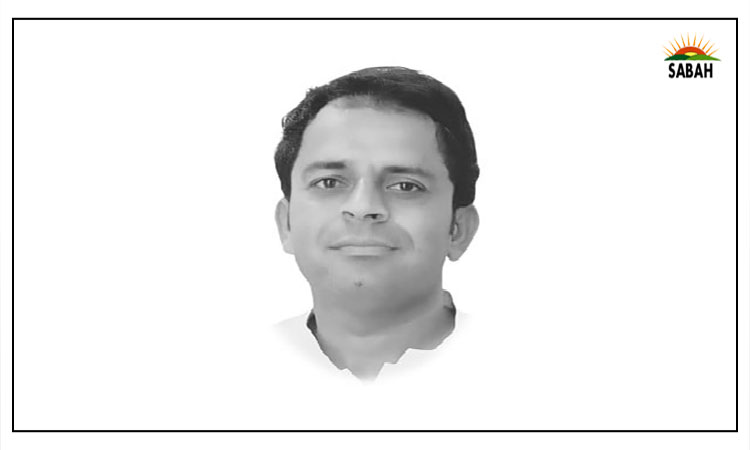Barbarians in our midst ….. Ghazi Salahuddin
Every week, there is an inner dialogue in my head about the column that I write. It usually becomes difficult to find a subject that is not too depressing. As it is, I have this reputation of being a pessimist. I have recently sought to soften this image by asserting that I am actually a cheerful pessimist.
I cite the words of Antonio Gramsci, who is recognized as a great political strategist, in my defence. He was in prison when Mussolini held Italy under his thumb. Gramsci said: “My mind is pessimistic but my will is optimistic”. Perhaps it is too profound an expression for us. Our capacity to understand the state of affairs seems limited by the quality of debate in our talk shows and social media.
It would be easy to shamelessly look the other way and find escape in trivial pursuits. But even comedy in the realm of current affairs is constrained to draw its references from the same socio-political situation that is potentially very disturbing. Besides, satire is not just more difficult, it is so much riskier in an environment of oppression and intolerance.
One problem is that I do not want to write the same column, in different words, every week. There is some respite in the fact that new developments and events take place during the week and for journalistic reasons, I need to take the latest news into account. For that matter, the focus in my mind is likely to shift as the week progresses.
Then, there are weeks when something big or shocking or grotesque happens within the scope of my deadline, something that overthrows all my thoughts about any prospective topic for my column. It may be something not unique in its composition but still be so big and devastating in its impact that it just cannot be ignored.
And that is what happened on Thursday in the idyllic, almost heavenly, environs of Swat in northern Pakistan. I must say that, without any hint of exaggeration, this incident, even if it appears to be a replay of some of our previous nightmares, has shattered my nerves. I don’t know what to think or write about it. It is something that I just cannot contend with.
Naturally, my column this week has to be about this unbearably barbaric and savage incident. Ever since I first learnt about it through a post on WhatsApp, I have been assailed by thoughts that I just cannot decipher. Isn’t this really too much, signaling the end of something or the beginning of something else? And what that something is? Do our rulers know what they stand guilty of?
Now, I was talking about the options that I usually have when I decide to write my column. In a sense, this disclaimer of some kind was part of my hesitation to come straight to the lynching of a tourist in Madyan in the Swat valley on the allegation that he had committed blasphemy.
Details of the incident are incredible, showing that the administration is incapable of dealing with an unruly mob, armed with its dark, primitive passions. A more graphic account of what the mob represented is not possible. What is being reported may not entirely be accurate. In any case, the person accused of blasphemy by a group of people was first handed over to the police.
But the mob was able to get hold of him and set fire to the police station. Don’t even try to imagine what the mob did to the person and how his body was set on fire. Some social media visuals provide partial evidence of what happened.
I have, of course, a lot to mention from what has been published in the newspapers and reported on the news channels. We have heard, on TV, some eyewitnesses. The officials have made their statements. The top functionaries have taken ‘notice’ of the incident, directing the relevant police officers to submit reports. A similar drill is being conducted by the religious leaders who are reminding us once again that what the mob did is in contravention of religious injunctions.
In addition, the media has the opportunity to recall similar incidents in the past – and there are so many to be recalled. A few were even more gruesome, it may be argued. So, what does this mean? What did it matter when the high officials had solemnly stated that such mob behaviour would not be tolerated again?
In the same vein, I am writing this column once again. I cannot but do this because this is my professional assignment. And I have to confess that I am not doing this well enough. The truth that exists on the ground is too complex to be reduced to a short opinion piece by a poor scribe. It is possible that the rulers, too, have no idea of what is happening to Pakistan beyond the political wrangling that some of us are diligently attending to. What about religious extremism? What about the barbarians at the gate? How can they who cannot deal with the street crime in Karachi and the ‘dakus’ in the ‘katcha’ area confront the mobs that are armed with their primitive passions?
You may now have some sympathy for the choices I have to make when I write my column week after week. It is also obvious that sometimes I get to recycle my thoughts. There certainly are many issues and events that fall by the wayside, so to say.
For example, I had to write about Karamat Ali, the labour rights activist who died on Thursday. He was a friend and a ‘fellow traveller’ on the prickly path of social activism. Karamat was a committed defender of human rights and social justice who also had the courage of his convictions. I also wanted to write about Franz Kafka, having been a part of a session on him at the Karachi Arts Council.
But how can I drive that mob in Madyan out of my mind?
The writer is a senior journalist. He can be reached at: ghazi_salahuddin@hotmail.com
Courtesy The News



